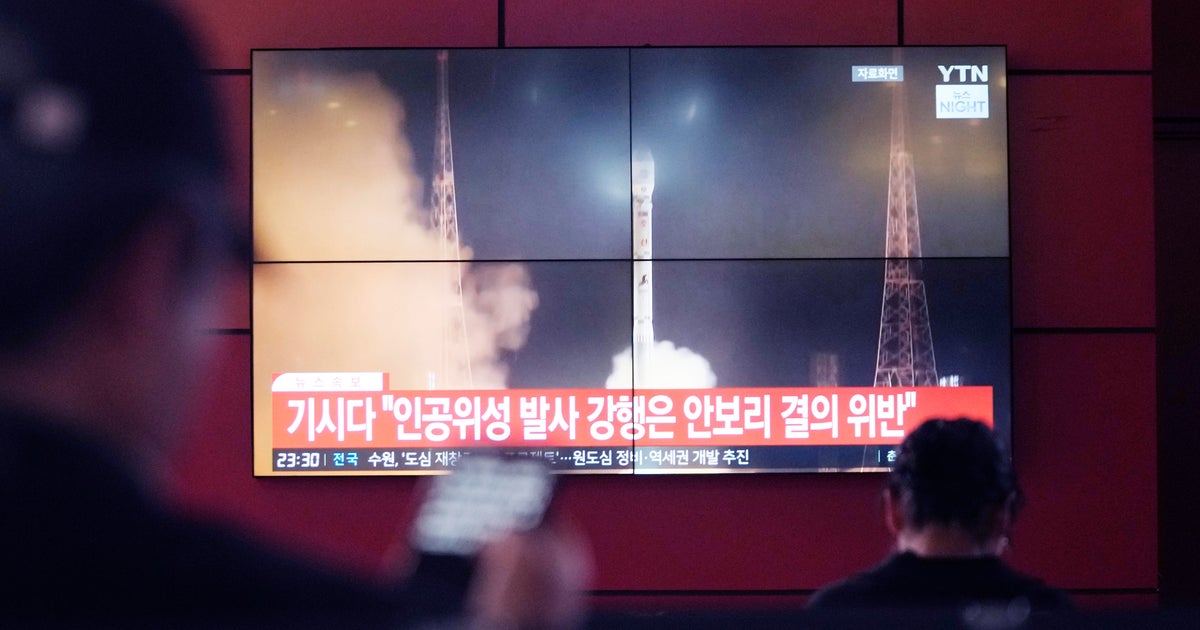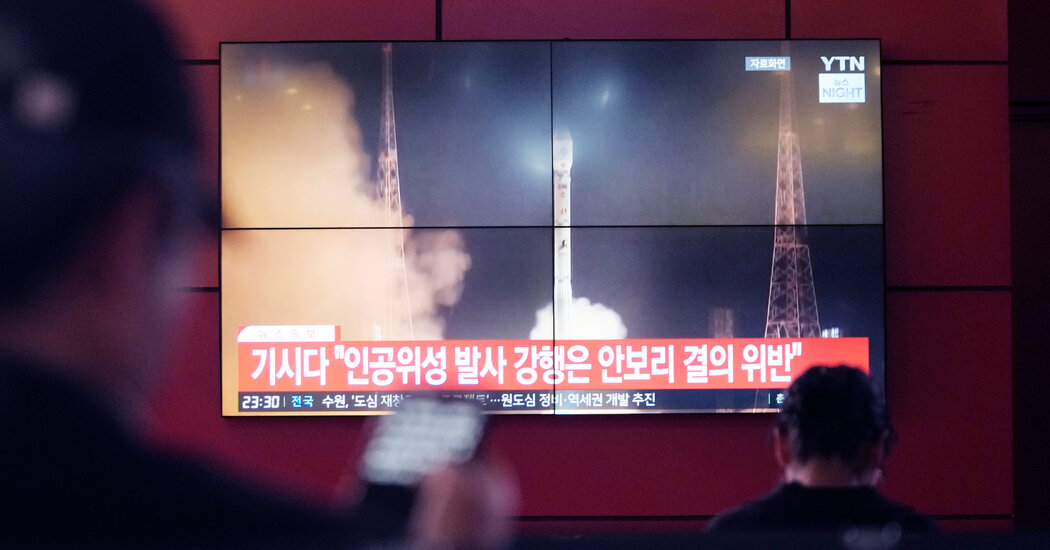
North Korea Attempts to Launch Military Spy Satellite, but the Rocket Explodes in Flight
On Monday, May 27, 2024, North Korea attempted to launch a military spy satellite into orbit using a newly developed rocket. However, the launch failed when the rocket exploded during its first stage of flight.
According to reports from South Korea's Joint Chiefs of Staff and Japan's coast guard, North Korea had notified them of its plans to launch a satellite by June 4. The international community strongly condemned the move as a violation of United Nations Security Council resolutions.
The failed launch marked the third time North Korea has attempted to put a spy satellite into orbit. In November 2012, it successfully launched its first military reconnaissance satellite, which drew international criticism and sanctions.
North Korean leader Kim Jong-un has made deploying a fleet of spy satellites one of his latest military ambitions. He also focuses on testing nuclear missiles capable of targeting the United States and its allies in the Asia-Pacific region.
The failed launch occurred at Sohae Satellite Launch Station in Tongchang-Ri, where North Korea had previously launched rockets carrying satellites and ballistic missiles. The cause of the explosion is still under investigation, but initial analysis suggests that a newly developed liquid fuel rocket motor may have been to blame.
The failure of the launch comes as tensions on the Korean Peninsula continue to rise. North Korea has conducted a record number of weapons tests in 2023, including intercontinental ballistic missiles and nuclear tests. The international community fears that these tests are part of a larger effort by North Korea to develop a deliverable nuclear weapon capable of reaching the United States.
The failed launch also highlights the challenges facing North Korea's military technology program. Despite significant investments in research and development, North Korean rockets continue to experience technical difficulties and failures.
North Korea's neighbors, including South Korea, Japan, and China, have expressed concern over the failed launch and called for restraint from all parties involved. The United States has also condemned the move and reaffirmed its commitment to defending its allies in the region.



